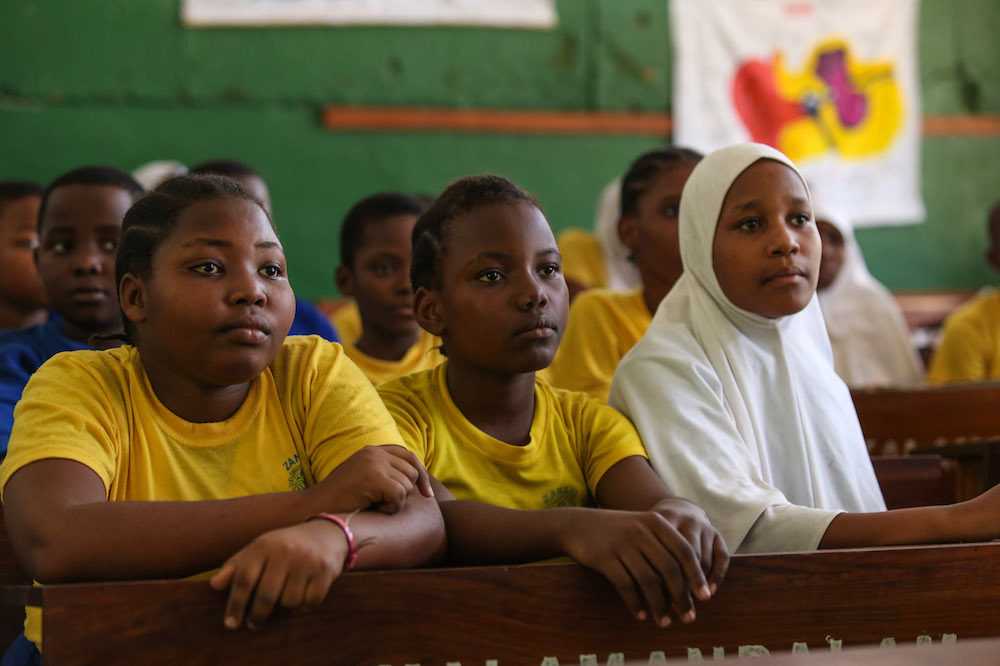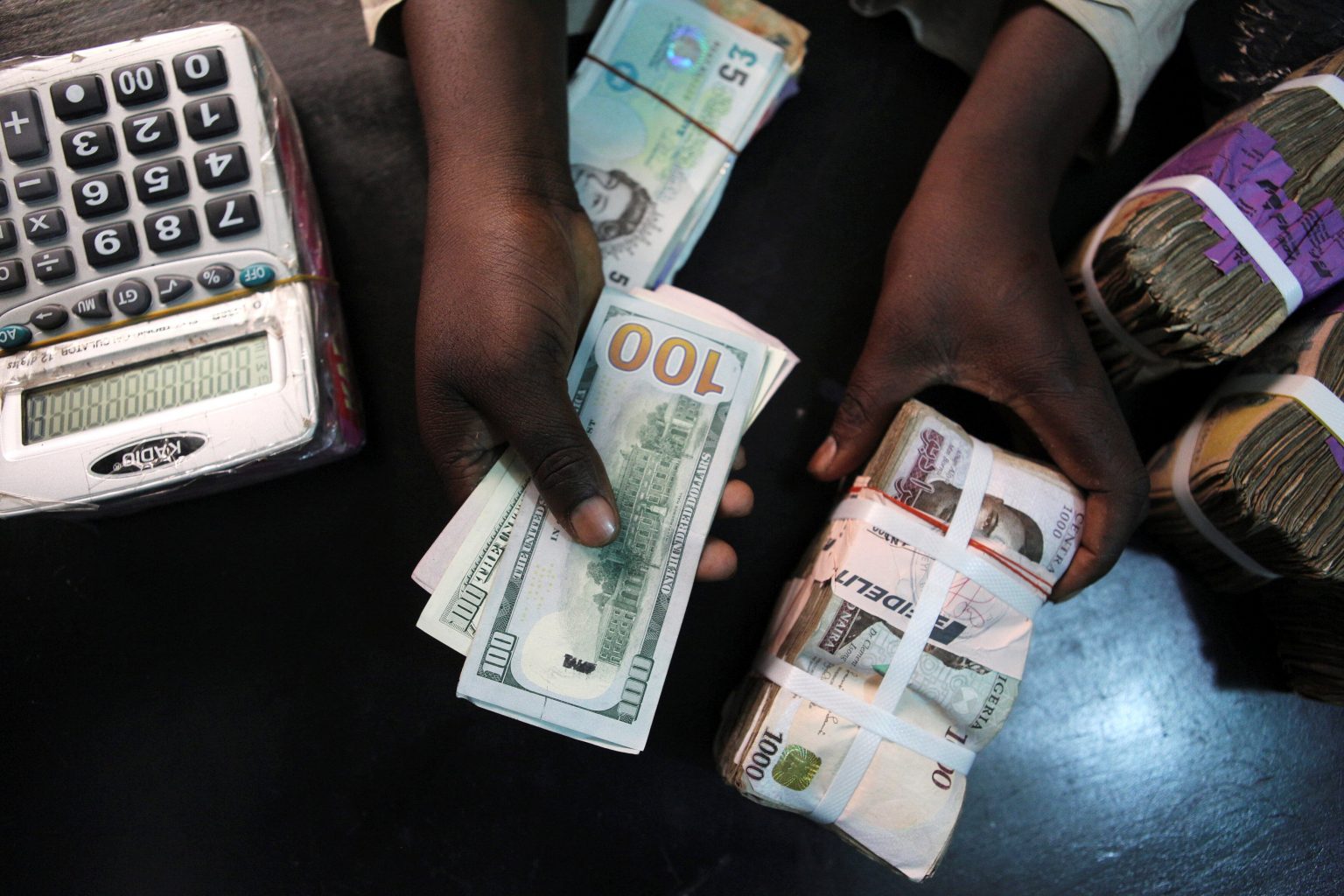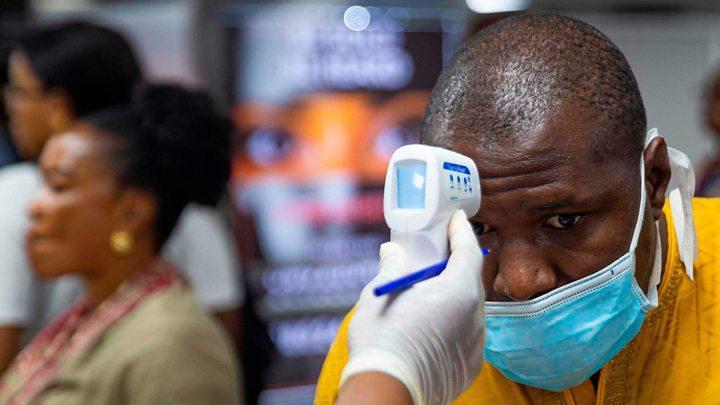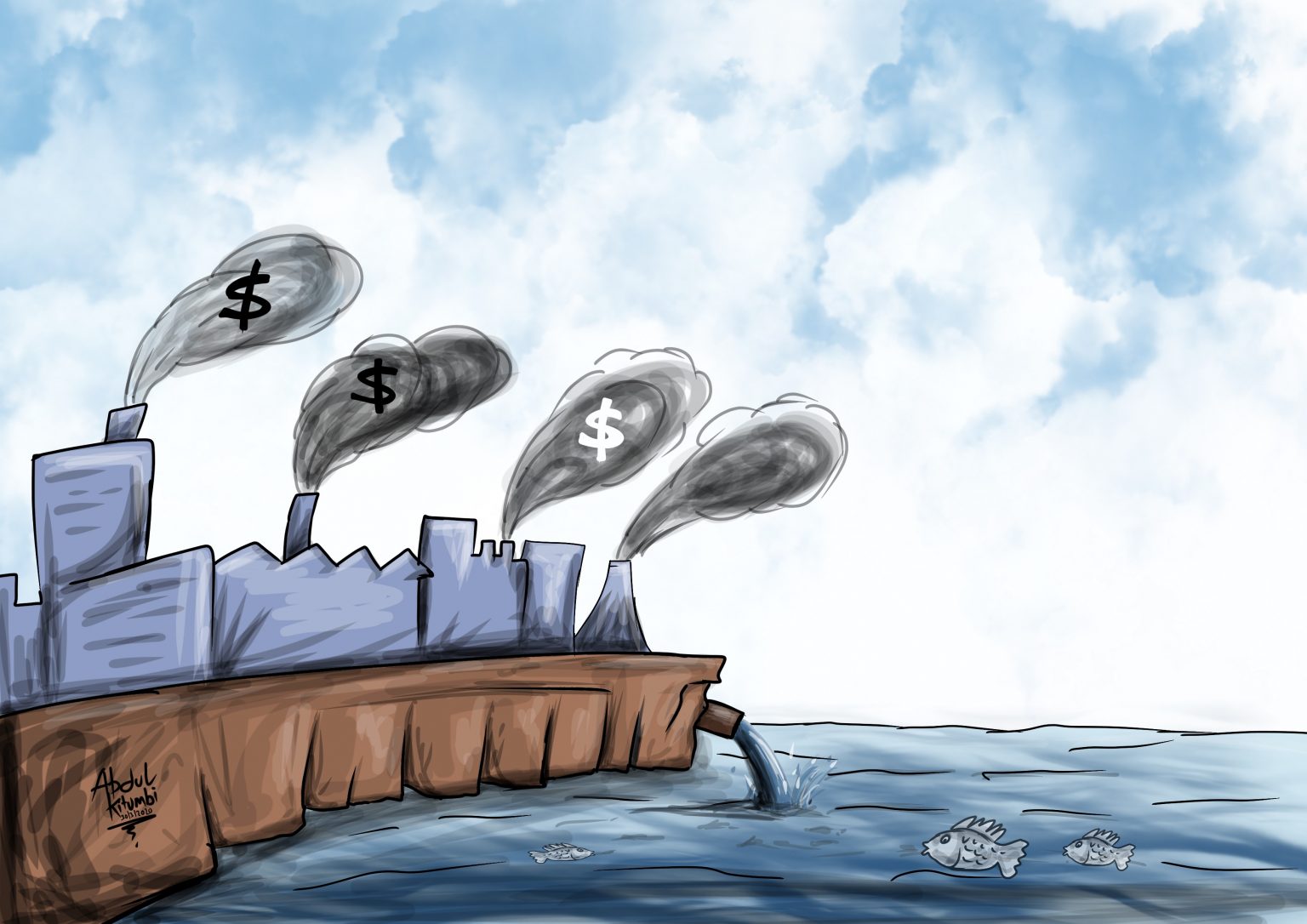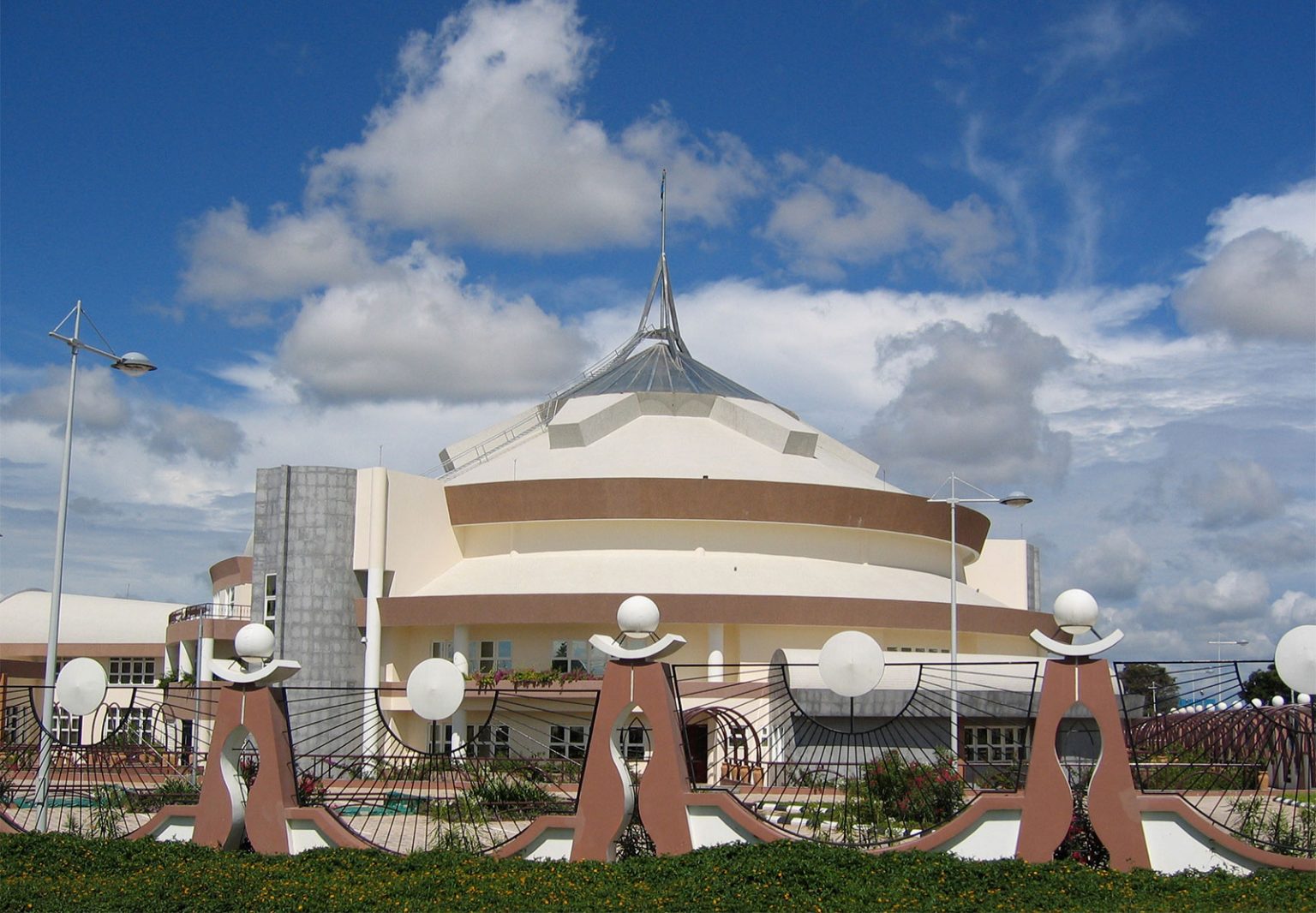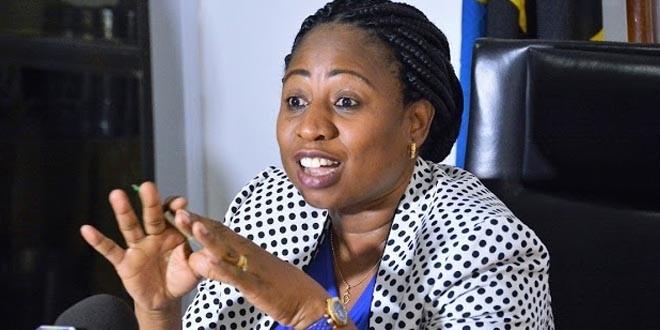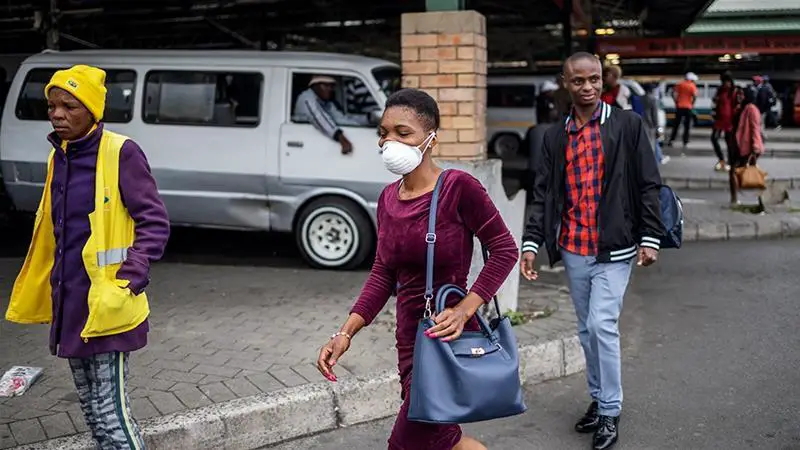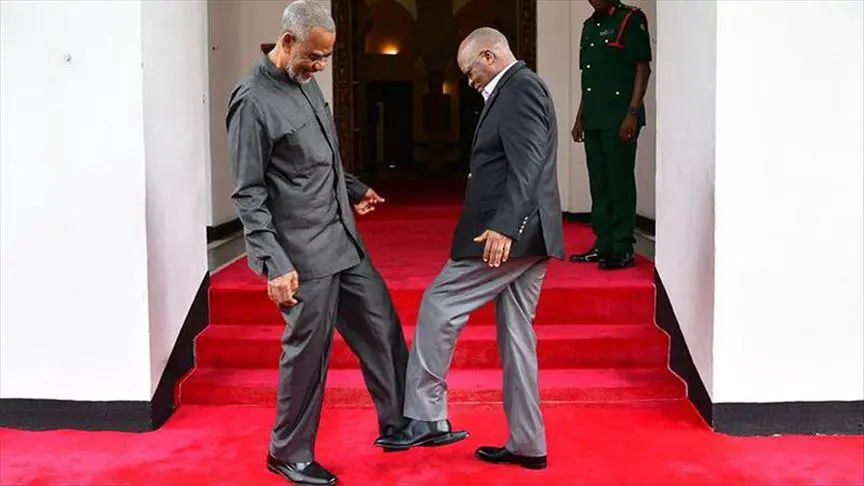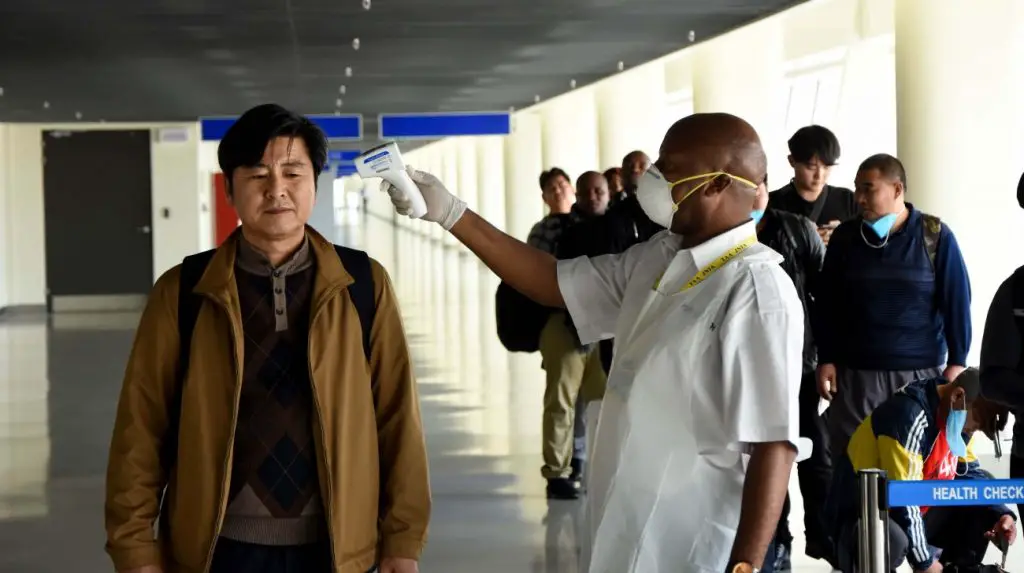- AI’s Dual Capacity and a Strategic Opportunity for African Peace and Security
- How African economies dealt with the 2025 debt maturity wall
- Africa’s Green Economy Summit 2026 readies pipeline of investment-ready green ventures
- East Africa banks on youth-led innovation to transform food systems sector
- The Washington Accords and Rwanda DRC Peace Deal
- Binance Junior, a crypto savings account targeting children and teens debuts in Africa
- African Union Agenda 2063 and the Conflicts Threatening “The Africa We Want”
- New HIV prevention drug is out — can ravaged African nations afford to miss it?
Author: Padili Mikomangwa
Padili Mikomangwa is an environmentalist based in Tanzania. . He is passionate about helping communities be aware of critical issues cutting across, environmental economics and natural resources management. He holds a bachelors degree in Geography and Environmental Studies from University of Dar es Salaam, Tanzania.
World Bank Group, Tanzania’s biggest lender has approved a $500 million education loan, after a series of delays triggered by various concerns related to banning pregnant students from public schools, drawing harsh criticism from human rights activists and politicians. The lender froze $1.7 billion in loans to Tanzania in 2018 following both the pregnant student ban and a harsh statistics law. It started releasing funds again to the East African country last September. According to information from the World Bank, the $500 million Secondary Education Quality Improvement Project (SEQUIP) will directly benefit about 6.5 million secondary school students by strengthening…
African nations (via their ministers) have agreed to call a debt relief support from bilateral, multilateral and commercial partners with the support of the multilateral and bilateral financial institutions such as the International Monetary Fund (IMF), the World Bank Group, and European Union (EU), amid coronavirus outbreak (COVID-19) United Nations Economic Commission for Africa (UNECA) revealed in a statement. The agreement was germinated from the second virtual meeting on Tuesday, hosted by Vera Songwe, Executive Secretary of the Economic Commission for Africa, and co-chaired by Ministers Tito Mboweni of South Africa and Ken Ofori-Atta of Ghana. The meeting stressed the…
Tanzania, East Africa’s populous nation has confirmed today April 1 another coronavirus (COVID-19) case, totalling the national case at number 20, the Ministry of Health revealed. According to the ministry, the patients is a 42-year-old female American national, who was in contact with an infected person, who also travelled abroad before returning to Tanzania. So far, the patients are spread out in three regions, and according to the Minister of Health Ummy Mwalimu statement to the public, two patients have already recovered, and one died yesterday March 31. The highly contagious pandemic made its way to Tanzania a month ago…
Climate change is hurting the world including Africa. The Intergovernmental Panel on Climate Change noted that Africa is the most vulnerable continent to climate change impacts, and it is weak on various angles including having less strong adaptation capacities, and high dependence on natural ecosystems for the livelihood of its populations. As the world strives to set the greenhouse emissions to at least 1.5 centigrade –the United Nations Economic Commission for Africa (UNECA) argues that in all African regions, negative climate change impacts would progressively compound and lead to decreasing GDP per capita. The warming scenarios entail losses by 2030…
It is not only smiling for the camera that makes photos important to us but also—photography is a means to earn a living. The industry has drawn over $77.66 billion market value in 2015 and is expected to reach $110.79 billion by 2021, according to Zion Market Research. With less than 200 years since its inception, photography is the real example of a technological breakthrough, from using crude processes of using chemicals to simpler processes, taking less than one minute, where instant high-quality photos can be taken via our handheld gadgets— our smartphones. The photography industry has evolved remarkably over…
It may be located hundreds of kilometres away from the former capital city Dar es Salaam, with its skyscrapers and high influx of people, Dodoma is Tanzania’s new primary geographical status. After more than 45 years of attempting to move, the relocation is real this time. Dodoma is the capital city of Tanzania, with over 2.4 million people and with a landmass of about 41,000 square Kilometers, according to Tanzania’s National Bureau of Statistics (NBS). Since 1973 Dodoma was declared to be Tanzania’s capital city by the first President Julius Nyerere. However—the move from Dar es Salaam to Dodoma took…
On Tuesday 31 March 2020 Tanzania recorded its first COVID-19 death of a 49-year-old Tanzanian man, which happened in the nation’s commercial city, Dar es Salaam. According to information from the Ministry of Health, the deceased man was also suffering from other health complications apart from the pandemic. READ”COVID-19 in Africa: How African currencies feel the pandemic pinch Tanzania which has 19 cases of the coronavirus, is taking various measures in containing the coronavirus. “As of today, March 31, 2020, we have confirmed a total of 19 COVID-19 cases whereby out of the number, one has died and one has…
Over 46 African nations are feeling the coronavirus pandemic pinch, and much more scenarios are unveiled as days go. Mandatory curfews are some of the measures being rolled out in East Africa (Kenya, and Uganda), Tanzania’s with hotels running low on customers and even considering a possible shut-down. The tourism industry is slowing down too. However, the COVID-19 could also cause serious trouble, within economic lines for Africa, as the world economy hangs in the balance. According to information from Bloomberg, the fear of the pandemic could trigger investors to exit markets. Few emerging-market currencies have been spared as the…
The novel coronavirus (COVID-19) is in East Africa, and has now penetrated Tanzania whereby until yesterday 12 (4 foreign national and 8 Tanzanian citizens) cases were reported. Hence—unequivocally the Tanzanian government stated that almost 20 samples tested were negative, including the first patient. According to the World Health Organization, the pandemic which has spread in more than 170 countries, taken more than 14,000 lives, and infected over 300,000 people. Hence, this pandemic brought Tanzania President John Magufuli before the public, and addressed the nation of more than 55 million, to stay strong and be resilience through the outbreak. The outbreak…
According to the Tanzanian Ministry of Health, All 27 people who came in contact with the first patients tested negative for Coronavirus. Coronavirus (COVID-19) has hit Tanzania, and it is taking a rather serious toll in the East African nation of more than 55 million people, forcing lifestyle choice to change and economic operations to shrink. In the past weeks, Tanzania had no cases, but currently, there are 6 cases registered in Tanzania. Since the virus made its way to Tanzania, the government of Tanzania has instructed closure of schools, higher learning institutions, and rolled in precautionary measures to various…





